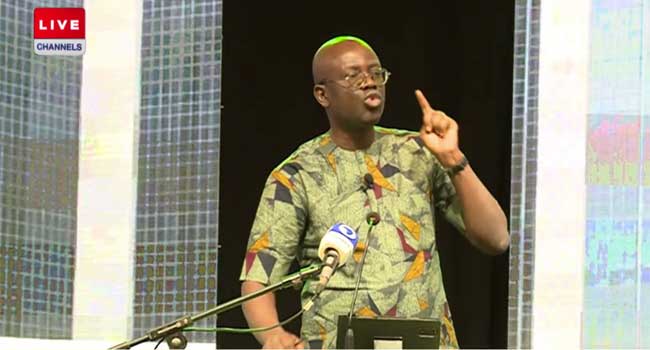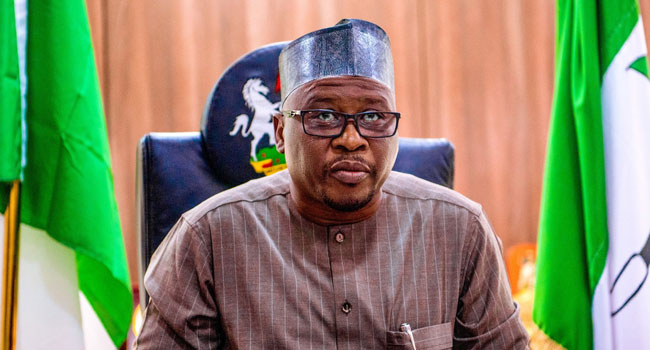Ahead of the 2023 general elections, former presidential spokesman, Segun Adeniyi, has warned Nigerians against electing leaders based on sentiments.
Adeniyi, who is also the Chairman of ThisDay Editorial Board, issued the warning during The Platform: A Better Nigeria Is Possible, an event organised by the Covenant Christian Centre to mark Nigeria’s 62nd Independence Day Anniversary on Saturday.
He said Nigerians have the opportunity to change the narrative as they go the polls next February, applauding the Covenant Christian Centre for organising the programme.
READ ALSO: 2023: Next ‘Eze Wazobia’ Must Crush Banditry, Insurgency, Says Joe Abah
“As voters, we have a choice to make and it is about our future. Should our decision be based on sentiments by placing our inheritance on those we know will not manage it well?” he asked.
“Let us begin from the issue of what the next leadership should look at for. Whichever direction one looks today in Nigeria, the statistics are frightening.”
The ex-presidential spokesman lamented that several micro and macro-economic indicators have worsened under the current administration.
One of them, he stated, is the fiscal deficit of the Federal Government that hit N3.09 trillion in the first quarter of 2022.
“Nigeria’s total debt stock increased by 439 per cent from December 2011 to December 2021 while the domestic debt component increased by 242 per cent according to the report.
“The foreign component increased by 1,689 per cent from N885 billion to N15.8trillion just within the period of a decade.
“Within the same period, Federal Government borrowing from the Central Bank of Nigeria increased by 7,000 per cent to N17.4 trillion,” he added.




